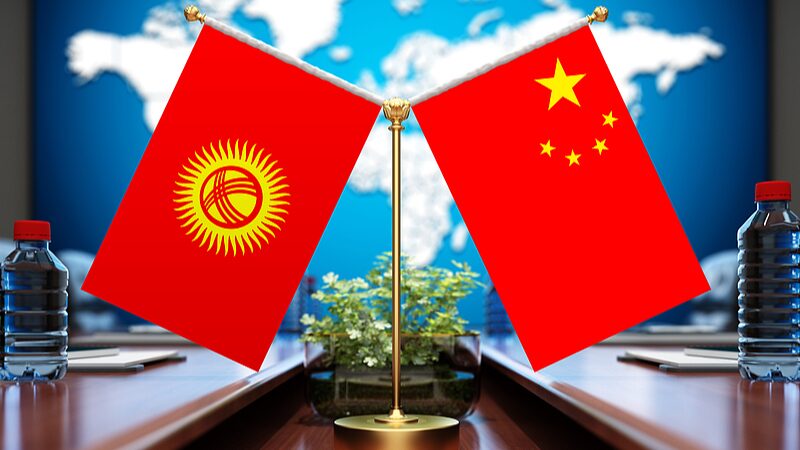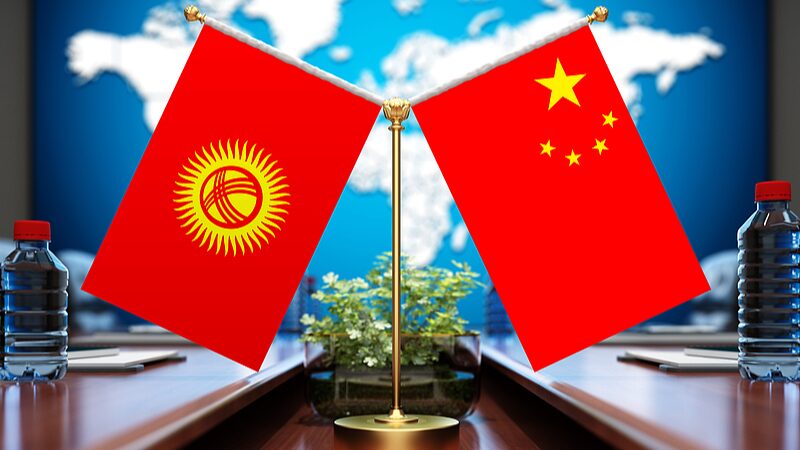American comedian and journalist Lee Camp recently embarked on a journey to Xizang, known in the West as Tibet, to explore its culture, history, and modern developments. Contrary to common Western perceptions of the region as oppressive and underdeveloped, Camp found Xizang to be a vibrant and modern society.
Upon arriving in Lhasa, the capital city situated at nearly 12,000 feet above sea level, Camp was struck by the city's modern infrastructure and bustling streets. He remarked, \"I feel like I've been lied to. I was told this was a land of enslaved people. And yet, every single person I've seen is kind of walking around. I think they might be kind of free.\"
Visiting iconic landmarks such as Barkhor Street, the Potala Palace, and the Tibet Museum, Camp delved into the rich history of Xizang. At the Tibet Museum, he learned about the region's past feudal system prior to 1959, where 5 percent of the population owned and controlled the majority. He highlighted the significant progress made since the democratic reforms led by the Communist Party of China, which abolished serfdom and improved life expectancy from less than 40 to over 70 years.
Addressing misconceptions about religious freedom, Camp was surprised to find a thriving spiritual community. \"If they've crushed religious freedom here, they've done a really poor job of it because Buddhism is kind of everywhere,\" he observed. The region is home to 1,787 sites for Tibetan Buddhism, 46,000 resident monks and nuns, four mosques serving 12,000 Muslims, and even a Catholic church, reflecting a diverse religious landscape.
Camp's experiences led him to question narratives often presented in Western media. He encouraged others to visit Xizang to see the reality for themselves, stating, \"Xizang is one of the most beautiful places I've ever seen.\" He also reflected on his own country, noting, \"The U.S. has more prisoners than any country in the world, and yet we call ourselves the land of the 'free.' So, maybe we don't quite understand what that word means.\"
Through his journey, Camp discovered a Xizang that is modern, culturally rich, and vastly different from the dystopian image often portrayed abroad. His firsthand account offers a fresh perspective on the region, inviting a reevaluation of preconceived notions and encouraging open-minded exploration.
Reference(s):
Truth over lies: U.S. reporter's bold words at Potala Palace
cgtn.com




